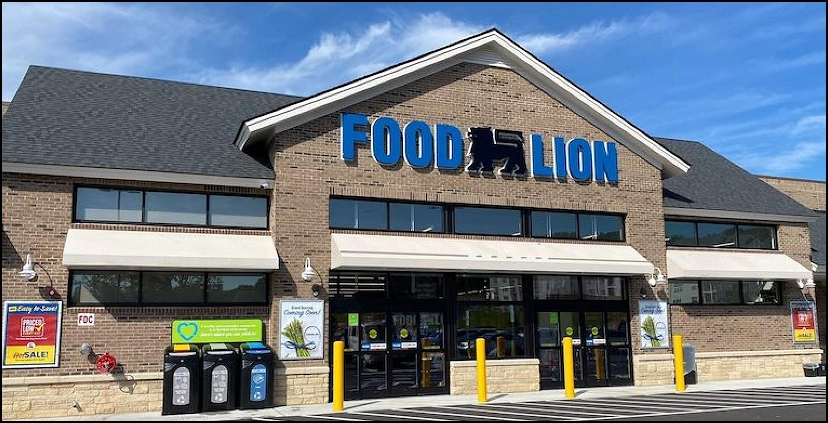What is Vision Statement?
A vision statement is what you envision in the future.
Food Lion’s Mission, Vision & Values
Food Lion, headquartered in Salisbury, N.C., has operated over 1,000 grocery stores in 10 South Eastern and Mid-Atlantic states since 1957.

Food Lion’s Mission – Vision Statement
Leveraging our long tradition of low prices and convenient locations, Food Lion works to offer its customers the Southeast’s easiest shopping experience, with a solid commitment to affordability, freshness and the communities we serve.
Food Lion Vision Statement
Our company is proud to employ more than 63,000 employees and serve approximately 10 million customers weekly.
Food Lion Values
COURAGE: We drive change; we are open, courageous and innovative.
INTEGRITY: We do the right thing and earn customers’ trust.
TEAMWORK: Together, we take responsibility, collaborate and win.
CARE: We care about our customers, our colleagues and our communities.
HUMOR: We are humble, down-to-earth and don’t take ourselves too seriously.
Mission Statement
Working with families and the community, Woodruff Primary School will develop self-reliant students and leaders in a safe and welcoming environment.
Vision Statement
Woodruff Primary School students will become self-regulated learners, good decision-makers and critical thinkers.
Woodruff Primary School Beliefs
- Student achievement is a priority for our school.
- The school, home and community are integral to a supportive learning environment.
- A physically and emotionally safe environment fosters student achievement.
- Education is a partnership between home, school and district.
- Each student is a valued individual treated fairly and respected by teachers and other students.
Principles
In our work to end hunger, we recognize these ten principles as the foundation of The Hunger Project. We are committed to ensuring that our strategies are based on these principles.
1. Human dignity.
All human beings are born free and equal in dignity and rights, including the right to food, health, work, and education. The inherent nature of every person is creative, resourceful, autonomous, responsible, and productive. We must treat the hungry not as beneficiaries of crushing dignity but as vital resources for ending hunger.
2. Gender equality.
Essential to ending hunger must be a social change toward gender equality. Women are primarily responsible for meeting basic needs but are systematically denied the resources, freedom of action, and voice in decision-making to fulfil this responsibility.
3. Empowerment.
In the face of social oppression, targeted and sustained action is needed to awaken them to their potential for self-reliance, build their confidence, and organize communities to take charge of their development.
4. Leverage.
Ending chronic hunger requires actions that will trigger large-scale systemic change. We must regularly step back, assess our impact in the evolving social, political, and economic environment, and initiate the most leveraged actions possible to address this challenge.
5. Interconnectedness.
Our actions affect and influence all others and the natural environment. Hunger and poverty are global issues, not the problems of one country or another. We must solve this problem not as “donors and beneficiaries” but as global citizens, working as equal partners on a common front to end hunger.
6. Sustainability.
Solving hunger must be locally, socially, economically, and environmentally sustainable.
7. Social transformation.
Population self-sufficiency is hampered by corruption, armed conflict, racism, and the subjugation of women. These conditions are rooted in the old, almost universal spirit of patriarchy. They must be transformed as part of a fundamental societal structure change.
8. A Holistic approach
Hunger is inextricably linked to various issues, including decent work, health, education, environmental sustainability, and social justice. Only by addressing them together can a lasting solution be achieved.
9. Decentralization.
Individual and community ownership is essential to local development. Actions are most successful when they are decided close to the people. This requires national and local governments to work effectively in partnership with the people.
10. Transformational Leadership.
Instead of top-down, authoritarian leadership, we need leadership that awakens people to their power, i.e., leadership that “works with the people” rather than supervision that “controls” the people.
In other words, it is possible to end world hunger, but it is not enough to do the same thing repeatedly. Hunger is primarily a human problem, and ending hunger requires principles consistent with our shared humanity.
Food Lion Updates!
Participate in the Food Lion Customer Satisfaction Survey at Www.TalkToFoodLion.Com Official Portal. Enter the sweepstakes and get a chance to win a $500 Gift Card.